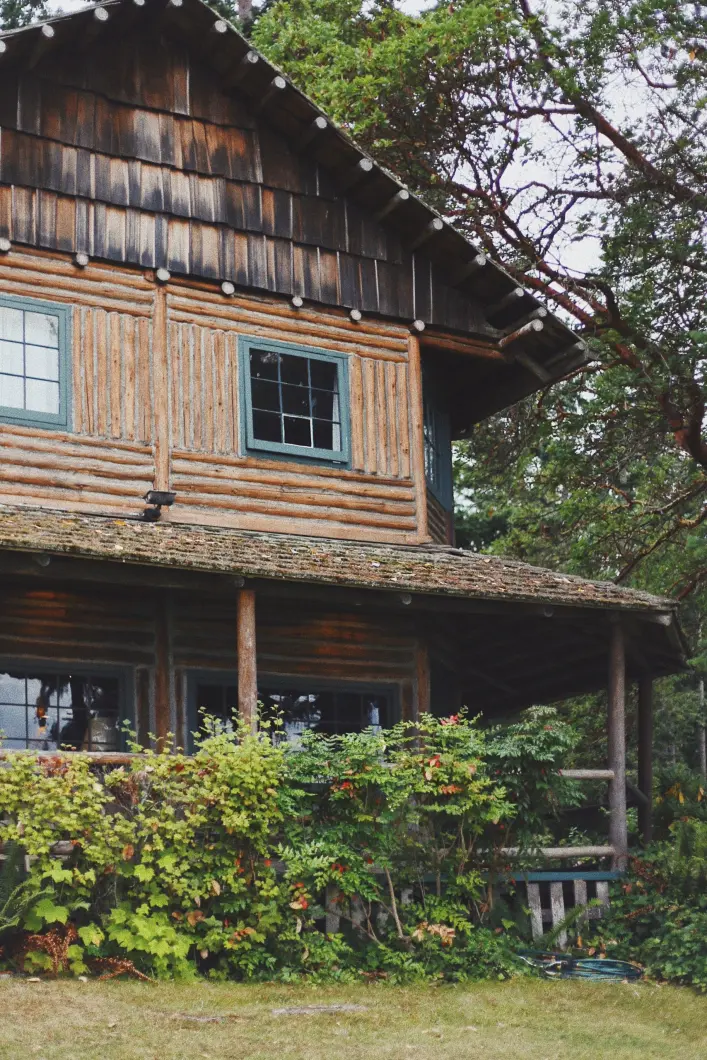Locating Properties in Probate
February 20, 2020

Properties that are tied up in probate are especially attractive to potential buyers due to their price tag. Beware, though: closing on a probate property will take a while. Six months is a rough estimate of the minimum amount of time it will take for the sale to be completed, but don’t be surprised if the process takes well over a year.
How Does Property Become Probated?
When someone dies without designating an heir to receive control of the property, the state assumes ownership. If a client of yours is interested in purchasing this type of property, you will usually deal with the decedent’s closest surviving relative. This representative may be highly motivated to quickly sell the property and move on. The courts appoint this person to execute the property in lieu of a designated representative from a Last Will and Testament.
How to Find Probate Listings
Check with the local probate clerk. You can usually locate properties in your county that are under probate online, but it can always be done in person at the probate clerk’s office. If the decedent lived in a different county from the one in which he or she owned property, then the decedent’s assets might be only listed in the county of residence. After receiving the list of probated properties, you can ascertain which properties are still active. Active probate properties are also listed in editions of local newspapers, as the probate system requires advertisement of a state-owned property for sale.
How to Find Buyers
People who express interest in buying probate properties are not occasional, once-every-decade home buyers. These are often house flippers, who have experience making profits on fixer-uppers. It is still in your best interest to manage your clients’ expectations and let them know the time commitment involved with probate property. If someone tells you they are looking to move into a house soon, you should probably direct them to another listing.
Conclusion
Purchasing a probated property is significantly more complicated than buying other properties on the market. The price, which will be significantly below the fair market value, is enticing to many prospective buyers. More often than not, however, they will be in some state of disrepair and will require improvements or renovations.
The lengthy process can make certain parties frustrated, but there is no rushing the bureaucracy. If you experience a setback during the process of buying or selling a probate property, get in touch with Schlegel Livingston, LLC today to get started on your free consultation.

